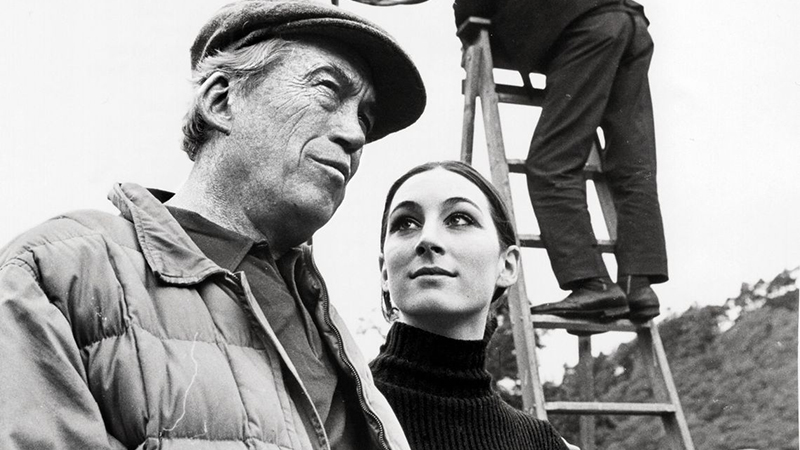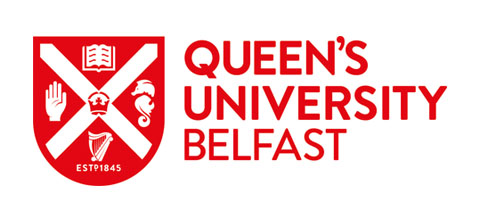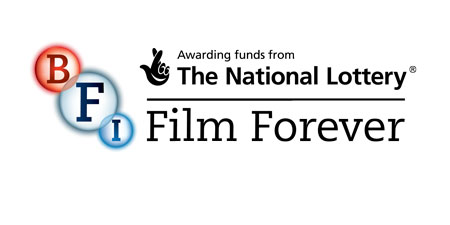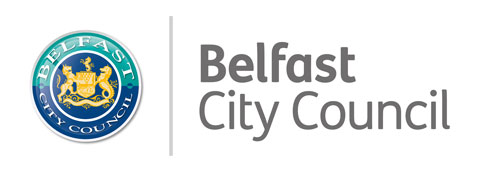Monday Medicine: Family
By Michael Delaney
11 May 2020
Inspired by some New Hollywood books he's been reading, Michael Delaney has been learning about the complicated relationship between Anjelica and John Huston, once a key Hollywood family.

John and Anjelica Huston in Ireland during the making of Sinful Davey, 1967.
When Anjelica Huston was born, on Sunday July 8 1951, her father was deep in the jungle in what was then known as Belgian Congo. John Huston, the rebellious director who by then was already a multiple Academy Award winner, was on the set of his latest film, The African Queen starring Humphrey Bogart and Katharine Hepburn. Two days after Anjelica’s birth, a messenger arrived on set with a telegram from Uganda. John quickly read the letter before stuffing it in his pocket. “For God’s sakes, John, what does it say?” asked Hepburn. “It’s a girl. Her name is Anjelica” replied John.
Growing up as a child of a Hollywood heavyweight was not an easy burden to bear, something John Huston was aware of himself. In the same way that his father Walter, a respected film star in his own right, had been largely absent from his own life, so John was from Anjelica’s. She was left with the impression that, for her father, his main mission was to keep his children clothed and fed, which excused his long absences. “He was an adventurer” Anjelica writes in her biography, “and he lived in a grand style...everything he did was a grand gesture.” In an interview with Vulture she would caveat his adventurous spirit by saying “to an AA-er, he was probably an alcoholic. For an Irishman, he was a drinker.”
John Huston loved Ireland, renouncing his American citizenship in the mid-60s to become an Irish citizen. It was in the west of the country, in County Galway, where Anjelica spent the majority of her childhood, living in Connemara and being educated at Kylemore Abbey. She and her brother lived in a two-story cottage known as the Little House, while the 17-room Big House, following its renovation, was reserved for when John would arrive at Christmas or other select times. It was with John’s arrival, Anjelica says, that the house would come alive, “like a sleeping beauty awakened...glowing from the inside, turf fires burning in every room.”
Anjelica acknowledges her father was somewhat more emotionally available when he was at home in Galway. He would invite Anjelica and her brother Tony to regale him with stories while he sketched or ate breakfast, enquired about the success of their French studies and often asked his young daughter’s advice on what tie to wear for that day. The Big House became known for its soirées. Anjelica’s mother, the American ballerina Enrica Soma, felt as much of a fish-out-of-water in rural Ireland as Anjelica did and took to organising balls in order to occupy her time. Christmas time, too, was what Anjelica called “a grand affair”, with elaborate decorations and even more elaborate houseguests, including the writer John Steinbeck, actor Peter O’Toole and samurai warrior Rin Kaga. But it was after her parent’s separation that Anjelica began to notice a different sort of guest.
In her memoirs, Anjelica writes: “the holidays were always peppered with Dad’s ex-girlfriends and ex-wives. It wasn’t long before I realized that my father was making love to many of the women”. His relationships included an upper-class British woman named Lady Davina; a nameless American brunette who recorded love songs for John; Henry Fonda’s fourth wife; an actress whose naked photos John had unsuccessfully hidden; an Italian countess; and numerous other women whose names were lost to history. “My father’s girlfriends were very diverse” as Anjelica put it.
After her parent’s separation, Anjelica moved to London with her mother and brother to live and be educated, returning to Galway for holidays. It was at this stage of Anjelica’s life that serial womaniser John grew uncomfortable with his teenage daughter’s burgeoning sexuality. After one particular party at the Big House, Anjelica was summoned by her father to discuss her behaviour the previous evening. As Anjelica recalls, her father said: “I have it on good authority that you were doing the bumps last night” referring to her less-than-angelic dancing. When an argument ensued and Anjelica protested, claiming her father’s words proved he didn’t love her, “his arm swung back and his hand hit me hard in the face, backward and forward; the force of it was like walking into a wall.”
The director’s hold over his daughter continued with her film career. When Franco Zeffirelli showed an interest in casting Anjelica in his adaptation of Romeo and Juliet, John instead cast her as the lead in his own film A Walk with Love and Death. When asked why her father had done this Anjelica explained “I think he wanted to be the one to introduce me”. On set, John berated his daughter for her performance. “He came down really hard on me when I lost my lines in a scene. He let me have it so bad in front of the crew” she said. “He thought he was doing me a big favour. What he probably felt badly about was, he was very unsympathetic.”
However, in the end, Anjelica admits that despite their difficulties, despite being afraid of her father, she didn’t want to totally escape him. Regardless of his wavering presence, his attitude changing between adoration and disapproval and the affect it all had on her future relationships, Anjelica describes John Huston as “a different cut”. He was “a swashbuckler, manful, greathearted, and larger-than-life. He was intelligent and ironic, with a warm voice like whiskey and tobacco.” Later, Anjelica would come to accept that her father’s criticisms of her work were not personal, a decision that positively affected their relationship. “I learned that it was part of my job and not to take it personally and to try and please him as a director, then our professional life changed a lot, and actually our personal life changed a lot” she said.
After John Huston was diagnosed with chronic emphysema and an abdominal aortic aneurysm, he was hooked to machines and underwent numerous surgeries. “If I could have sacrificed a part of my own body to help my father, I would have without question” wrote Anjelica. “To watch him undergo the painful indignities of the various medical procedures was horrendous.”
John Huston died on 28 August 1987, just two years after Anjelica had won Best Supporting Actress for Prizzi’s Honor, making her the first person to win an Oscar after a parent and grandparent had done the same.
Sources
Anjelica Huston: A Story Lately Told: Coming of Age in Ireland, London and New York. Simon & Schuster. 2013.
Anjelica Huston: Watch Me: A Memoir. Simon & Schuster. 2014.
https://www.vulture.com/2019/05/anjelica-huston-in-conversation.html




